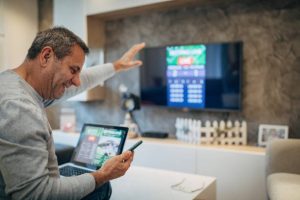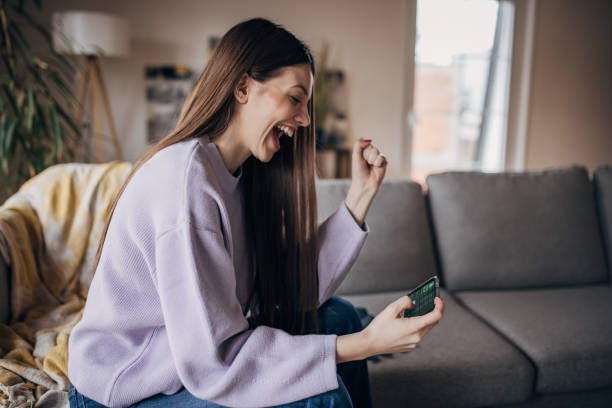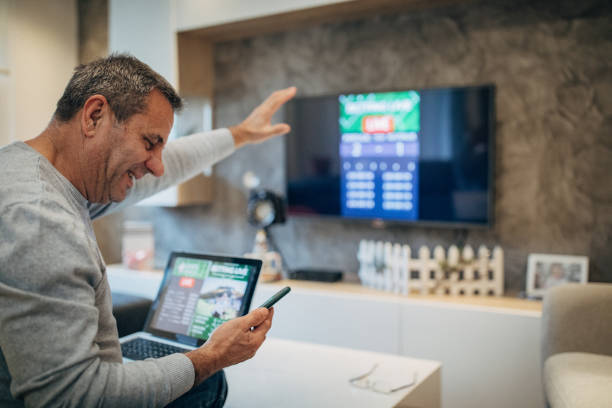In a world where we often feel pressure to be happy and grateful for what we have, it can be difficult to admit when we are struggling with our mental health. However, Al Levin’s Mental Health Website offers a refreshing and compassionate perspective with its “Others Have it Worse” approach.
The concept of “Others Have it Worse” encourages individuals to acknowledge their own struggles without feeling guilty or dismissing their own suffering. By recognizing that there are always people who are facing more difficult circumstances, it can provide a sense of perspective and validation for those experiencing mental health challenges.
Al Levin’s website creates a safe space for individuals to open up about their struggles, without feeling like they have to downplay their emotions or compare themselves to others. It emphasizes the importance of self-compassion and self-care, and encourages individuals to seek support and professional help when needed.
The “Others Have it Worse” mentality can also be a powerful tool for shifting one’s mindset and finding gratitude in the midst of hardship. By acknowledging that there are always others who are facing greater adversity, it can inspire individuals to cultivate a deeper sense of appreciation for the blessings in their lives.
Furthermore, the website does not shy away from addressing the complex and often stigmatized issues surrounding mental health. It provides resources and information to help individuals better understand and navigate their own mental well-being, and offers a sense of community and understanding for those who may feel isolated in their struggles.
Overall, Al Levin’s Mental Health Website serves as a valuable platform for destigmatizing mental health challenges and advocating for self-compassion and support. The “Others Have it Worse” approach provides a much-needed perspective on mental health, encouraging individuals to acknowledge their struggles while also finding strength and gratitude in their own experiences. This website is an important resource for anyone navigating their own mental well-being, and a reminder that it’s okay to not always be okay.





















